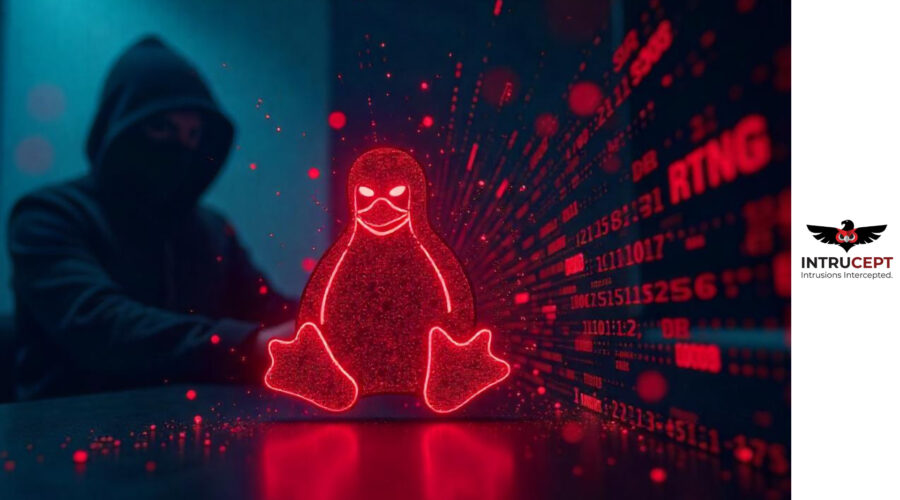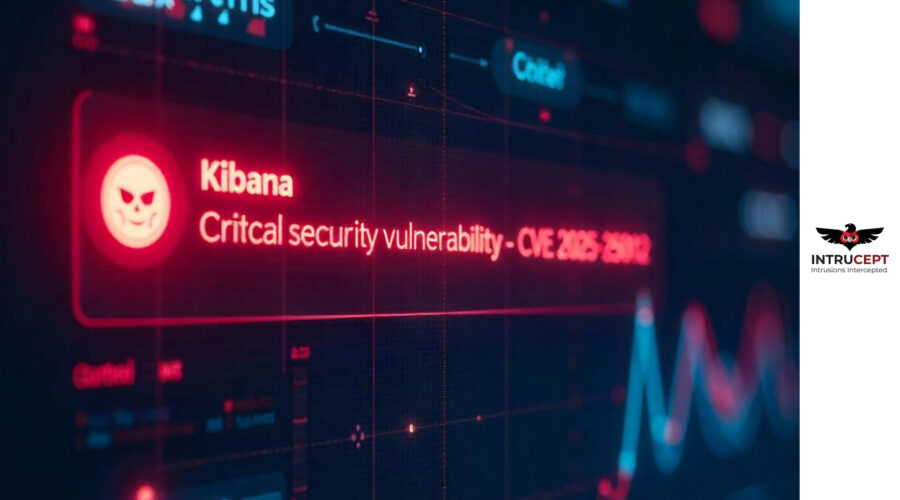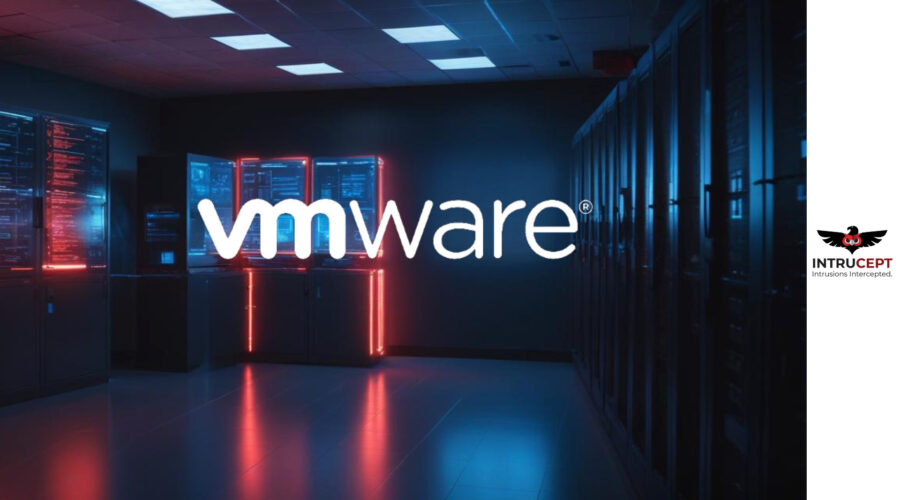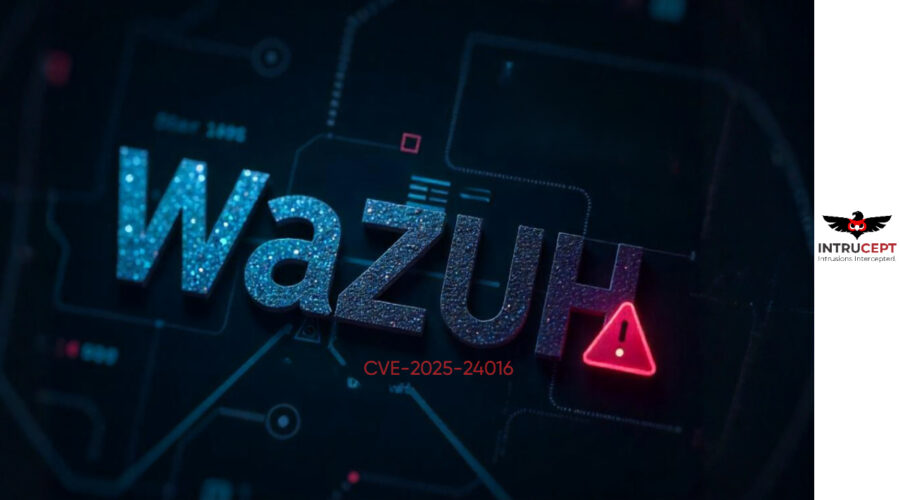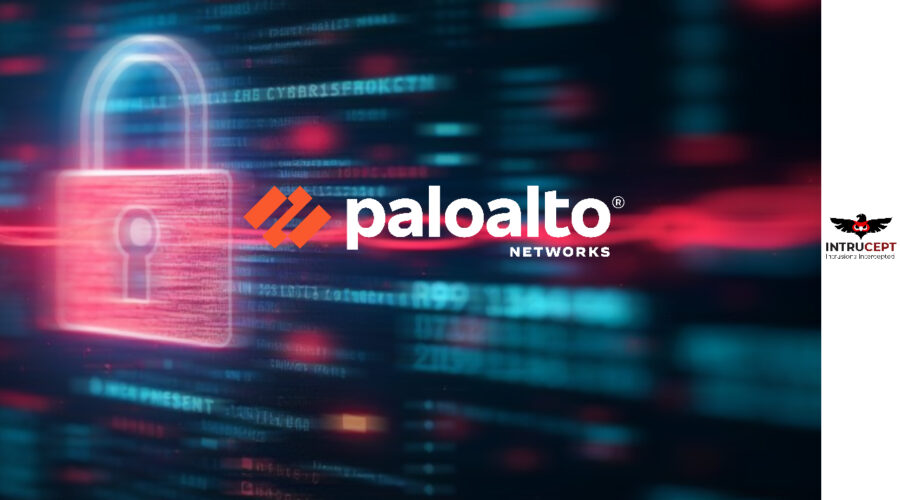PoC Released for High-Severity Linux Kernel UVC Driver Vulnerability
| OEM | Linux |
| Severity | HIGH |
| CVSS | 7.8 |
| CVEs | CVE-2024-53104 |
| Actively Exploited | Yes |
| Publicly POC Available | Yes |
| Patch/Remediation Available | Yes |
| Advisory Version | 1.0 |
Overview
CVE-2024-53104 is a high-severity out-of-bounds write vulnerability in the Linux kernel’s USB Video Class (UVC) driver, leading to privilege escalation. The issue affects Linux kernel versions 2.6.26 and later. The vulnerability has gained renewed attention as a proof-of-concept (PoC) exploit has now been publicly released, increasing the risk of exploitation. A patch has been released to address this vulnerability, but unpatched systems remain at high risk.
| Vulnerability Name | CVE ID | Product Affected | Severity |
| out-of-bounds write vulnerability | CVE-2024-53104 | Linux Kernel | High |
Technical Summary
The vulnerability exists in the uvc_parse_format function of the UVC driver (uvc_driver.c). It arises due to improper parsing of UVC_VS_UNDEFINED frames, leading to incorrect buffer allocation and out-of-bounds writes.
An attacker could exploit this flaw by inserting a malicious USB device or manipulating video streams, potentially leading to memory corruption, privilege escalation, or arbitrary code execution.
| CVE ID | System Affected | Vulnerability Details | Impact |
| CVE-2024-53104 | Linux Kernel (2.6.26 and later) | Incorrect parsing of UVC_VS_UNDEFINED frames in uvc_parse_format, leading to miscalculated buffer sizes and memory corruption. | Privilege escalation, system instability, arbitrary code execution |
Remediation:
- Apply Security Patches: Ensure that the latest security patches provided by the Linux distribution maintainers are promptly applied to mitigate vulnerability.
Recommendations
- Implement USB Device Control Policies: Organizations should establish and enforce USB device control policies to prevent unauthorized usage and ensure only approved devices can be connected.
- Deploy Log Monitoring and Analysis Tools: Implement security monitoring tools to continuously monitor logs for potential security incidents, such as exploitation attempts or suspicious activity.
Conclusion:
CVE-2024-53104 is a major vulnerability that poses a substantial risk to Linux systems since it allows for privilege escalation and arbitrary code execution. Users and administrators are strongly urged to apply the latest security patches to mitigate the risk of exploitation. Additionally, implementing a multi-layered security approach can further enhance system protection.
The Cybersecurity and Infrastructure Security Agency (CISA) has added this vulnerability to its Known Exploited Vulnerabilities (KEV) list, emphasizing the need for immediate remediation.
CISA has ordered federal agencies to secure their systems within three weeks against a high-severity Linux kernel flaw actively exploited in attacks.
References:
- https://cybersecuritynews.com/poc-exploit-linux-kernel-write-vulnerability/
- https://hackyboiz.github.io/2025/03/08/j0ker/2025-03-08/
- https://lore.kernel.org/linux-cve-announce/2024120232-CVE-2024-53104-d781@gregkh/T/

